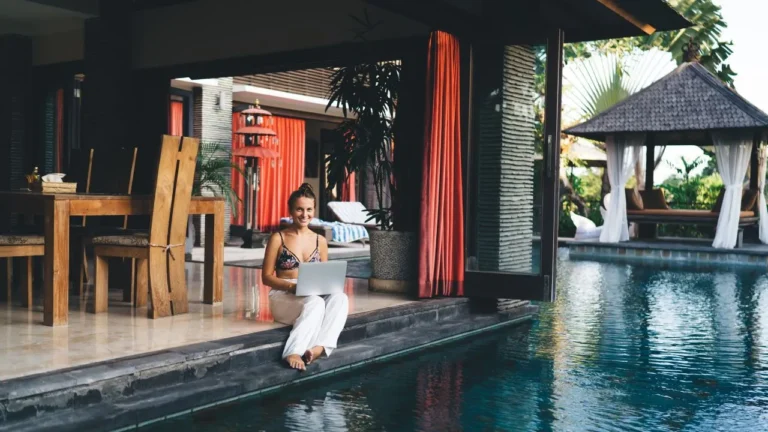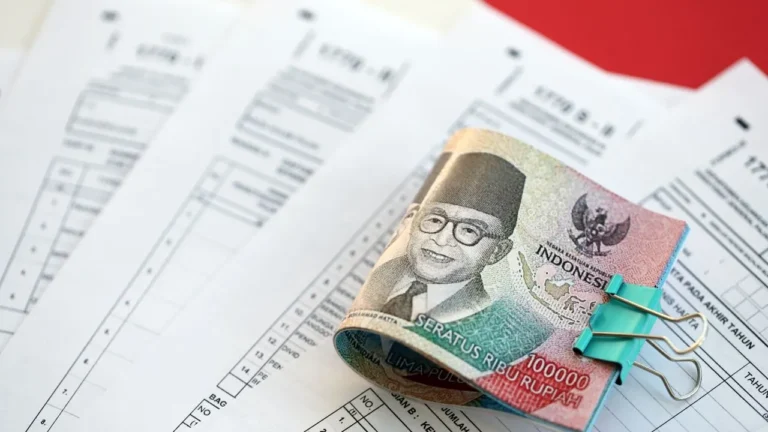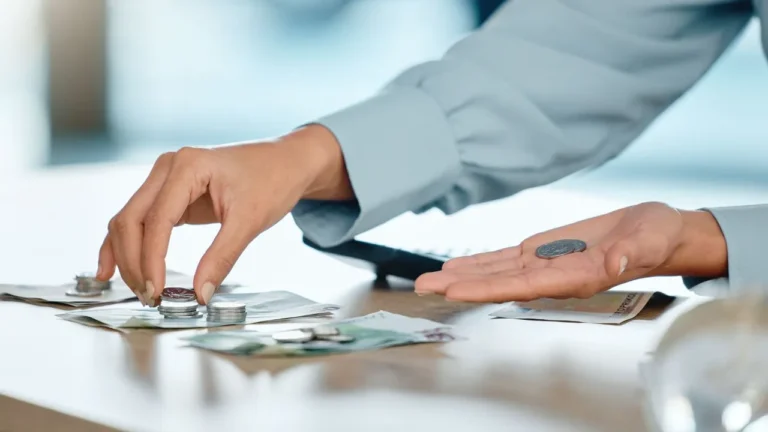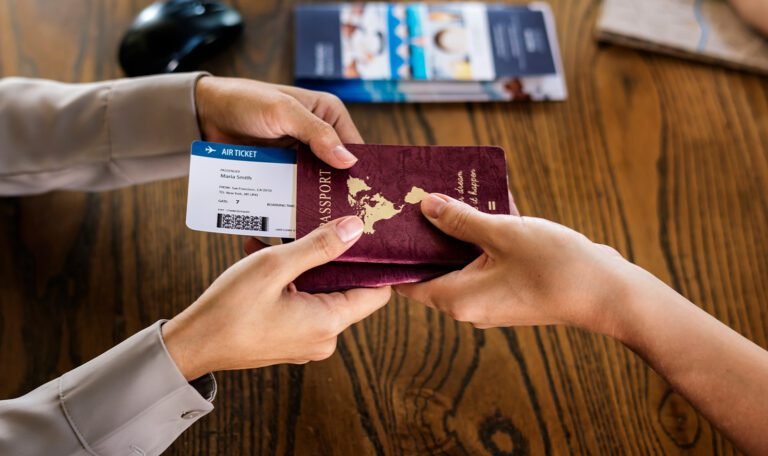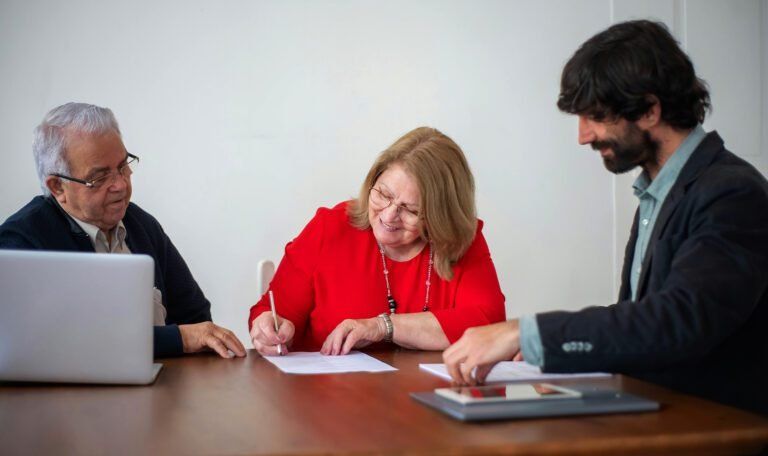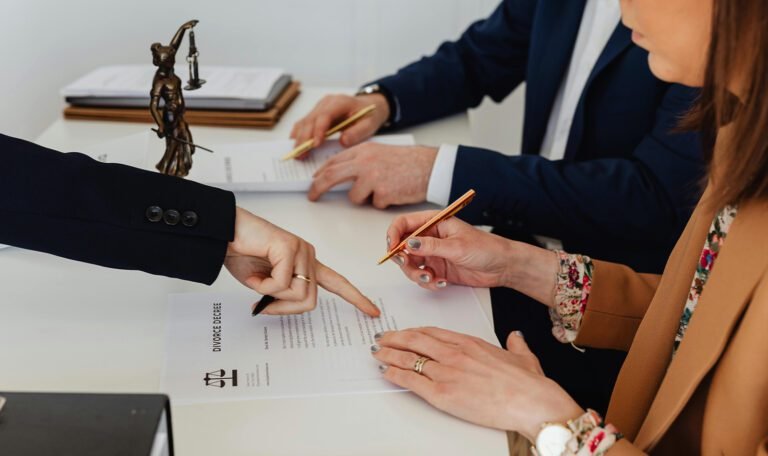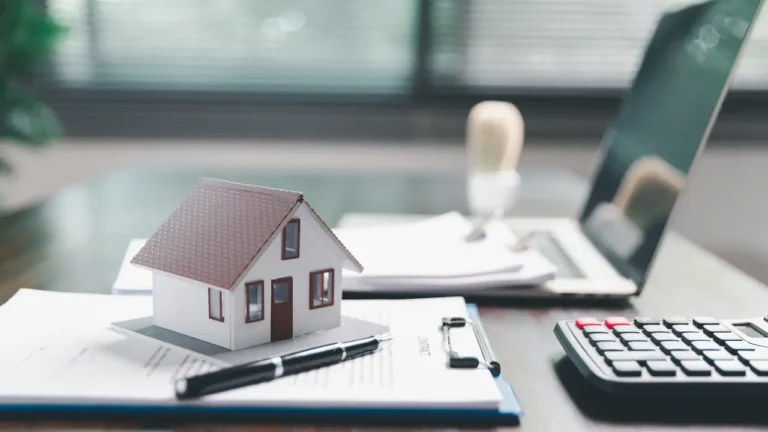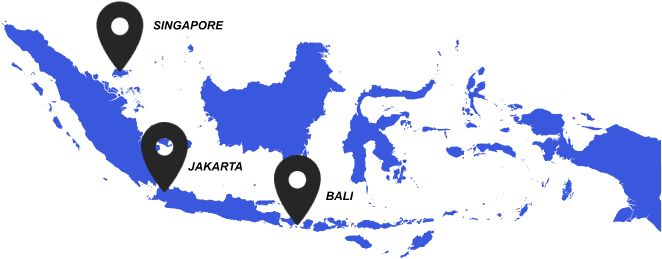Table of Contents
ToggleIn the fast-paced world of international trade, Indonesia stands out as a source of economic opportunity. As the largest economy in Southeast Asia, Indonesia offers a diversified market for businesses eager to extend their perspectives. Understanding the complexities of importing to Indonesia is critical for entrepreneurs interested in the archipelago’s business prospects.
Extending your business to Indonesia gives intriguing potential. Nonetheless, negotiating the country’s complicated import restrictions and procedures can be difficult.
Foreign entrepreneurs seeking to establish a business in Indonesia and import goods must get an import license. Regardless of the size of your shipment, you must apply for this permission before importing products into Indonesia. With the necessary license, your products can pass through customs clearance.
As a business owner, it is best to plan ahead of time, particularly when it comes to import license needs. You must also know ahead of time what type of license is appropriate for your firm and how to obtain one.
What is an import license?
An import license, also referred to as an API (Angka Pengenal Impor) in Indonesia, is a permit that the Ministry of Trade issues to businesses to allow them to import goods into the nation. It is essentially a means for the government to regulate and monitor the flow of imported goods, protect domestic sectors, and ensure certain standards are met.
Businesses will now simply need a Business Identification Number (NIB) to begin import or export activity under Regulation 29/2021. NIBs can be obtained through the Online Single Submission (OSS) mechanism.
The primary import license in Indonesia is the Importer Identification Number (API). However, depending on the nature of the items you are importing, it may be necessary to get extra licenses or permissions. Here is a list of the different kinds of APIs and any other needs that come with them:
- API-U (General Importer Identification Number): This license is widely used and permits the importation of finished goods for the purpose of commerce or distribution, and it necessitates the registration of a corporation in Indonesia.
- The API-P (Producer Importer Identification Number) license is intended for enterprises that import raw materials specifically for their own manufacturing operations. To obtain the necessary permits, one must possess an Industrial Business License (IUI) as well as an Industrial Registered License (TDP).
However, before importing or exporting goods, businesses should consult the Indonesian Harmonization System (HS) code, which is used to classify and calculate tax and customs rates on all types of things. The classification is conducted due to the necessity of obtaining additional permits or registrations for certain objects.
Additional licenses/permits:
- Specific licenses from the appropriate ministries are necessary for products like food, chemicals, pharmaceuticals, or used goods.
- Quota permits: restricted products subject to import quotas require a specific authorization.
- Product Certifications: Certain products may necessitate safety certifications, halal certificates, or other permissions relevant to the product.
Get professional legal advice for Indonesia
Indonesia’s legal system is complicated, with its many regulations, licences, and special rules for foreigners. Don’t make the mistake of trying to navigate it alone, and get the help of experienced consultants instead.
At ILA, we can help you with intellectual property, corporate law, drafting, reviewing and managing legal documents, navigating commercial transactions and much more.
You’re not alone. Reach out today to schedule a free consultation or read more about our legal service.
How to Import your goods into Indonesia
Businesses ought to review the Indonesian Harmonization System (HS) Code, which is used to classify each product category, prior to importing or exporting. Due to the fact that particular products might necessitate supplementary licenses or registration.
In addition, the HS code is a determining factor in the rate of taxes and customs duties, in addition to any product-specific import/export regulations.
Here’s the step and preparation that need to be highlighted before importation:
- Identify your products and determine if they need additional licenses other than import licenses.
- Engage with a forwarder and provide support with information about the receiver in Indonesia. Make sure the receiver has the appropriate license for your goods.
- Provides the receiver with as follows:
-
- Commercial Invoice (product-specific details)
- Bill of Lading (ownership during transport)
- Packing List (contents of each package)
- Insurance Certificate (cargo protection)
- Additional certificates (e.g., origin, safety data sheets) based on product requirements.
-
- Customs Declaration for Indonesia (PIB): Ensure the veracity of this vital document while collaborating with your importer.
- Engage with a local costume brokerage that has the license so you can pay the taxes and tariffs.
- Organize with a local courier to deliver your goods to the end customer or your warehouse.
What are the tariffs and taxes importing to Indonesia?
When importing items into Indonesia, you will incur two major costs: tariffs and taxes. Here’s the breakdown of each:
1. Tariffs:
Tariffs are import levies levied by the Indonesian government based on your items’ Customs Value (cost, insurance, and freight).
The tariff rate changes according to your product’s HS code, which determines its classification for customs reasons. You can get the HS code for your product online or from your freight forwarder.
Indonesia’s average tariff rate is 8.1%, but it might vary depending on the commodity. Some commodities are tariff-free, while others may be subject to rates of more than 35%.
Also read: How to Register Trademark in Indonesia (2025 Guide)
2. Taxes
- Value Added Tax (VAT): A 11% VAT applies to most imported goods, calculated on the value of the goods plus the import duty.
- Excise Tax: Certain goods like alcohol, tobacco, and luxury cars are subject to an additional excise tax, on top of the tariff and VAT.
- Luxury Goods Tax: For imported luxury goods exceeding a certain value, an additional 10% luxury tax might be applied.
What are Indonesia’s Import and Export For Restricted Goods?
Indonesia has a list of forbidden items for both import and export, which is intended to protect public health, safety, national security, and the environment. Understanding what your goods categorize will ease your import and export process.
Here’s a breakdown of the major categories.
Prohibited Imports:
- Dangerous and toxic materials include explosives, dangerous chemicals, radioactive materials, and asbestos.
- Narcotics, Psychotropic chemicals, and Precursors: Illegal narcotics, addictive chemicals, and the components needed to manufacture them.
- Weapons and Ammunition: Firearms, weapons of war, ammunition, and other accessories.
- Pornographic Materials: Any textual, visual, or aural content that is considered obscene or indecent.
- Used Goods: Some used items, such as clothing, tires, and electrical equipment.
- Ozone-Depleting Substances: Chemicals such as CFCs and HCFCs that deplete the ozone layer.
- Specific Foods and Drugs: Products that do not fulfill safety or quality criteria and may be harmful to public health.
- Cultural Heritage Goods: Artifacts, antiquities, and historical things obtained without official permission.
Prohibited Exports:
- Strategic minerals and metals include nickel ore, bauxite, and other resources with export limitations.
- Endangered Species and items: Flora and fauna protected by international conventions, as well as items derived from them (for example, ivory and fur).
- Cultural Heritage Goods: Like import limitations, artifacts and historical objects require permissions.
- Subsidized Goods: These are products that get government subsidies but have export restrictions.
- Forestry Products: Export bans apply to logs, timber, and certain wood products.
- Mining Products: Specific mining products chosen for conservation or commercial reasons.
- Scrap Metal: Use certain types of metal scrap to help save important resources.
Also read: Contracts and Agreements in Bali: Legalities
What are the steps to getting an Import License?
Identify the type of API you need: Based on your company type and goods you’re importing, select the appropriate API. Below are the steps how to get the license;
1. Established a corporation
You can form a limited liability company, such as PT PMA or PT Local. However, define your business classification, whether trader, manufacturer, or importer, for a specific project because it will impact your import license type.
2. Obtaining a taxpayer identification number (NPWP)
This is a requirement for the vast majority of commercial transactions in Indonesia, including imports.
3. Obtaining an import license
You can apply for most APIs electronically using the Online Single Submission (OSS) system and select the sort of license you want.
4. Customs Registration
After obtaining your import license, either API-U or API-P, now referred to as NIB, you can proceed with the synchronization process via the Indonesian National Single Window.
Contact us to know more on how to import into Indonesia


